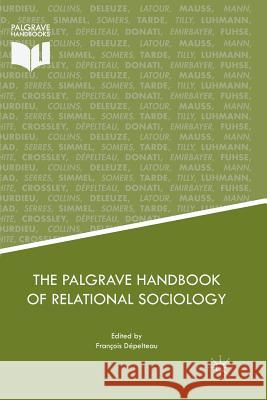The Palgrave Handbook of Relational Sociology » książka
topmenu
The Palgrave Handbook of Relational Sociology
ISBN-13: 9783319881508 / Angielski / Miękka / 2019 / 686 str.
Kategorie:
Kategorie BISAC:
Wydawca:
Palgrave MacMillan
Język:
Angielski
ISBN-13:
9783319881508
Rok wydania:
2019
Wydanie:
Softcover Repri
Ilość stron:
686
Waga:
0.97 kg
Wymiary:
23.39 x 15.6 x 3.61
Oprawa:
Miękka
Wolumenów:
01
Dodatkowe informacje:
Wydanie ilustrowane











